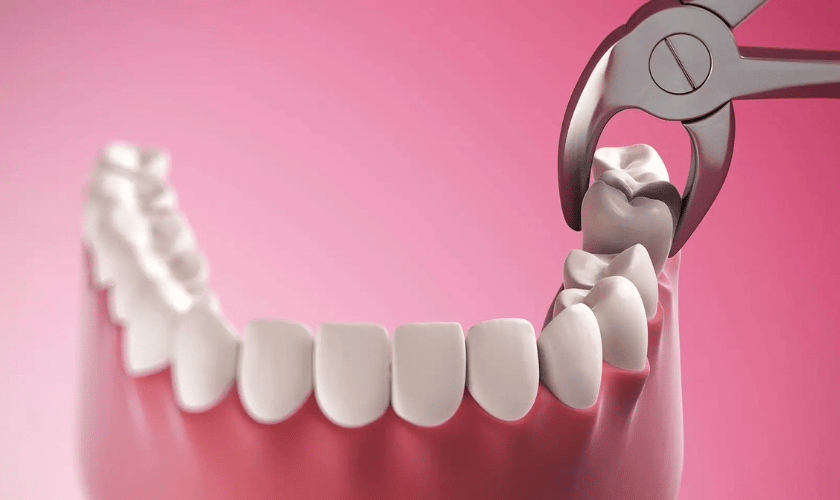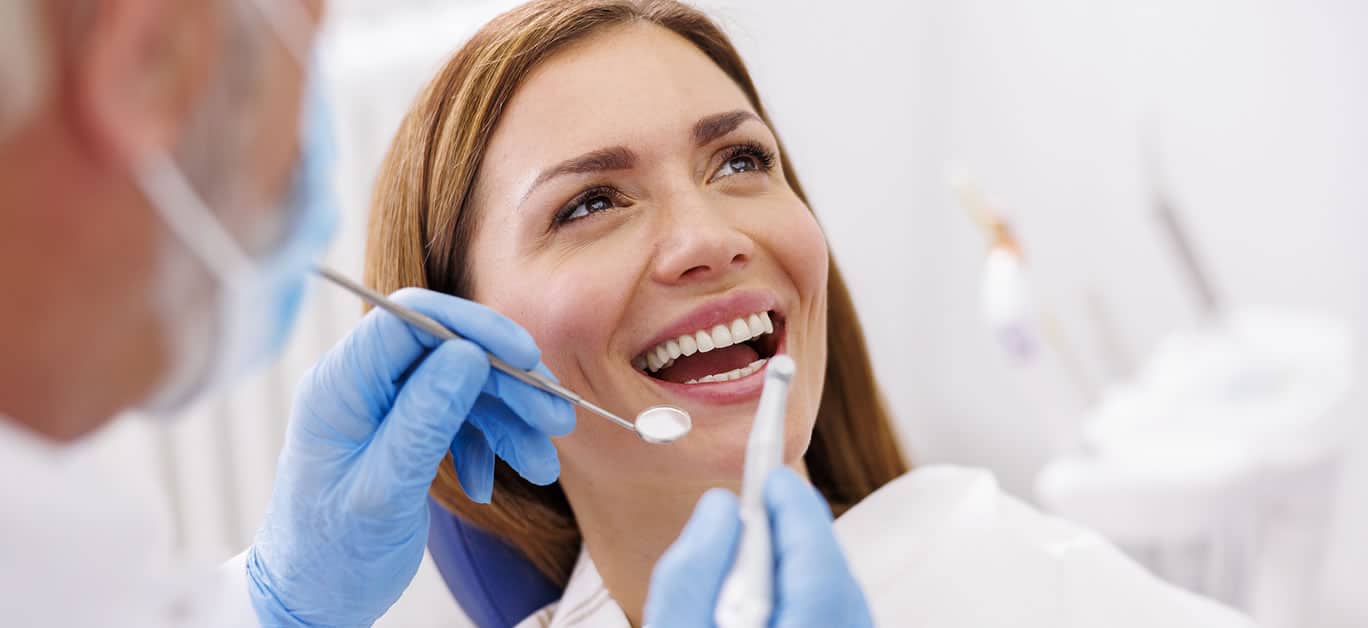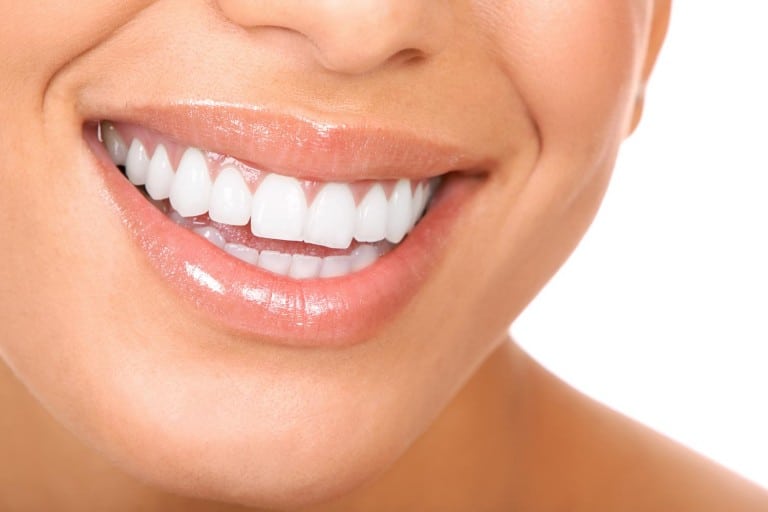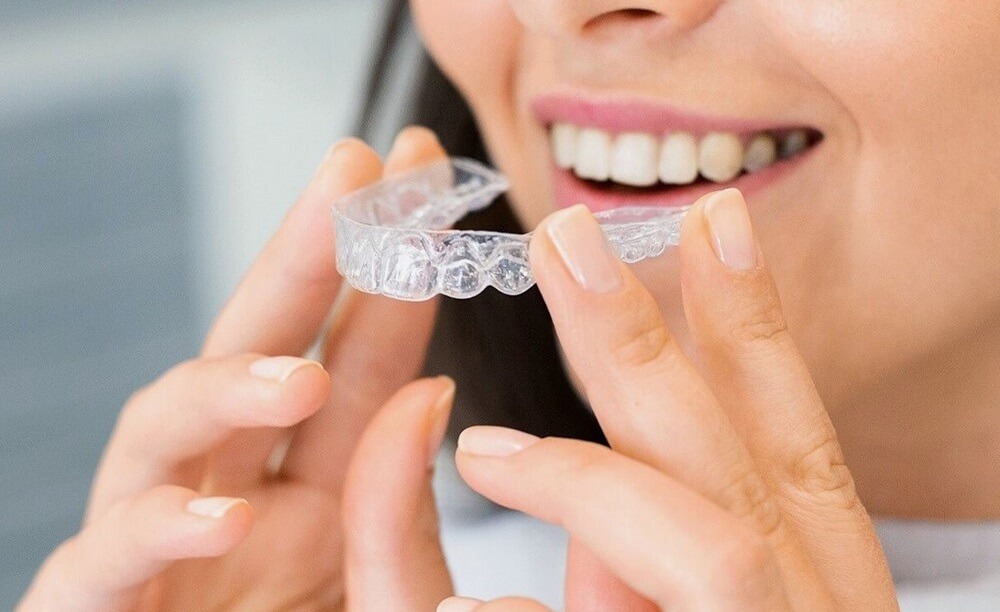
How Do You Prepare Yourself For A Tooth Extraction
Making the decision to have a tooth extracted can be quite daunting as it is often associated with pain and discomfort. Tooth extraction, however, can be necessary in order to save your oral health when more conservative treatments are not possible or viable. Preparation for a tooth extraction is key to ensuring the procedure will go smoothly. This article outlines the steps you should take to prepare yourself before having a tooth extracted.
In some cases, removing a damaged or decayed tooth may be the best way of preserving your oral health and preventing further damage from occurring. Tooth extraction is typically reserved for cases where more conservative treatments such as fillings or root canal therapy cannot restore the structure of the tooth or alleviate painful symptoms. If you are considering having a tooth extracted, it is important to prepare yourself both mentally and physically. Knowing what to expect from the procedure can help you feel more prepared and less anxious.
Get an Assessment
The first step in preparing for a tooth extraction is to determine if it is indeed necessary. Tooth extraction should only be done when all other treatment options have been exhausted or deemed unsuitable. In some cases, your dentist may suggest extracting the tooth due to advanced decay or severe damage that cannot be repaired with fillings or root canal therapy. A full assessment of your oral health will also include X-rays being taken of the affected area so that your dentist can plan the best course of action for you.
Understand the Tooth Extraction Procedure
Once your dentist has determined that a tooth extraction is necessary, it’s important to understand the procedure and what will happen. Tooth extractions can be divided into two types: simple and surgical. A simple extraction involves removing a visible tooth while a surgical extraction requires more complex techniques such as cutting through gum tissue or removing fragments of bone in order to remove the tooth. Your dentist will explain which type of extraction you need and how it should be carried out.
Ask About Pain Management
The idea of having a tooth extracted may bring up feelings of fear and anxiety due to its association with pain. However, there are several methods available to manage pain before, during, and after the procedure. Depending on the complexity of your extraction, you may be prescribed painkillers or local anaesthetic to make the process more comfortable. Make sure to ask your dentist about any pain management options that may be available to you and discuss which ones are suitable for your needs.
Schedule Time for Recovery
Tooth extractions can leave patients feeling exhausted and sore afterwards, so it’s important to plan ahead and schedule some time off following the procedure. Toothache pain should subside within a few days, however it is advised to take at least two days off work or school in order to rest and allow yourself ample time to heal. In addition, avoid drinking alcohol or eating hard foods such as chips and nuts for several days after the extraction.
Post Tooth Extraction Care
Ensuring that proper care is taken both during and after your tooth extraction will help reduce the risk of complications such as infection. Here are some tips to keep in mind when caring for a tooth socket following an extraction:
Take Prescribed Medication
It is likely that your dentist will recommend taking painkillers or antibiotics before, during, and after the procedure to reduce discomfort and minimise the chance of infection. Make sure to take all medications as prescribed by your dentist and follow any other instructions they may have given you regarding post-operative care.
Maintain Good Oral Hygiene
Good oral hygiene is important for keeping your gums and teeth clean and healthy. Make sure to brush and floss your teeth twice a day using a soft-bristled toothbrush and avoid rinsing vigorously or using mouthwash for the first 24 hours after your extraction. You may also want to consider adding an antibacterial rinse to help reduce the chances of infection.
Avoid Straws & Smoking
Avoid sucking through straws as this can cause air pockets to form around the wound which can cause pain and hinder healing. In addition, smoking should be avoided altogether during recovery as it slows down healing time, increases the risk of infection, and can cause complications such as dry socket which is a painful condition that can occur when a blood clot does not form over the wound.
FAQs
Q1: How long should I stay off work after a tooth extraction?
A1: It is advisable to take at least two days off work or school following a tooth extraction in order to rest and allow enough time for healing.
Q2: How can I reduce the risk of infection?
A2: To help reduce the risk of infection, make sure to take all medications prescribed by your dentist and practice good oral hygiene. Avoid smoking and drinking alcohol as well as sucking through straws for a few days post-procedure.
Q3: What should I expect after a tooth extraction?
A3: Toothache pain should subside within a few days, however it is normal to experience some swelling, tenderness and bruising for up to two weeks following the procedure. Make sure to follow any instructions given by your dentist regarding post-operative care in order to promote healing and minimise complications such as infection.
Conclusion
Having a tooth extracted is an important procedure for preserving oral health and should be taken seriously. Knowing what to expect before, during and after the procedure will help you prepare yourself for the best possible outcome. Don’t hesitate to ask your dentist any questions or concerns you may have regarding tooth extraction so that they can guide you through the process safely and comfortably.





